Australian citizenship equality is at stake in the Indigenous voice to parliament referendum, writes Chris Merritt

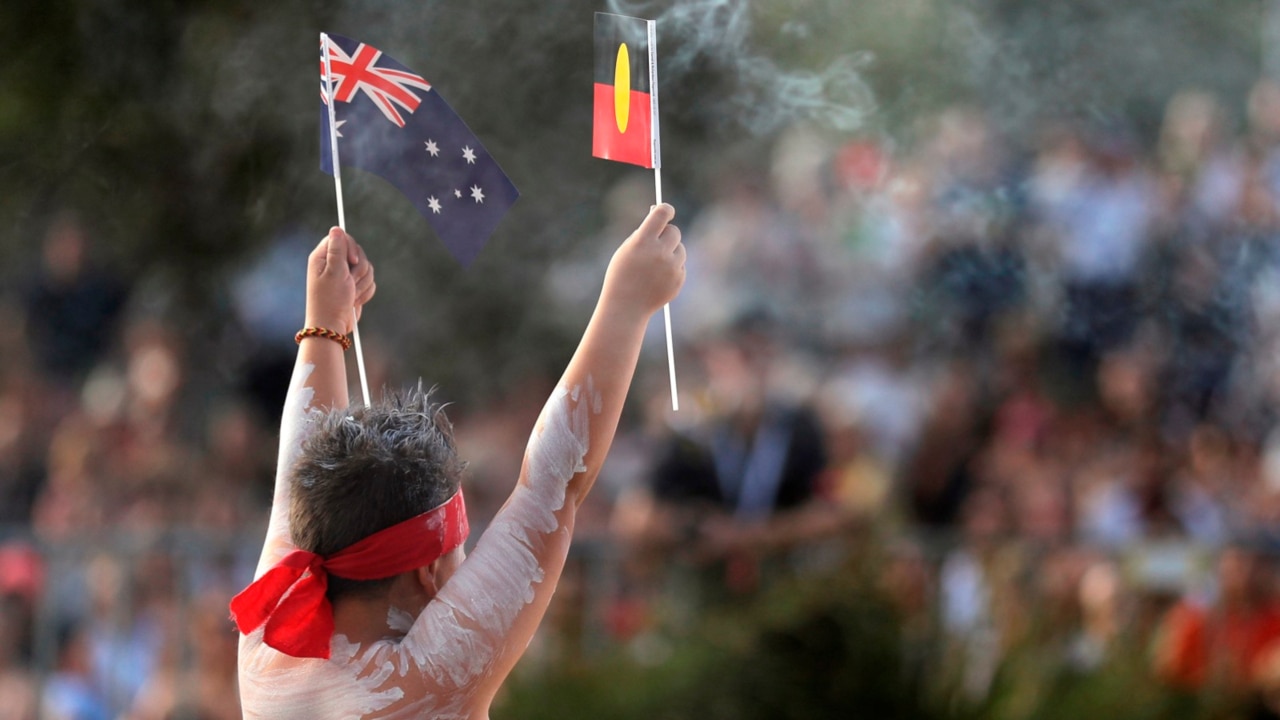
We must all answer this question: do we still believe in equality of citizenship? Or should we say yes to a new system of government that puts racial preference in the heart of our Constitution?
This Indigenous voice to parliament referendum has inflicted enormous damage and threatens to cause more. It is killing the idea of reconciliation and has replaced it with distrust, bitterness and personal abuse.
But if that is the price of defending equality of citizenship, it is a price worth paying. There is no room for compromise on this principle. It is fundamental to what it means to live in a democratic society.
Those, like me, who believe the Constitution should recognise this continent’s first inhabitants need to accept that the proponents of this referendum are treating us like fools.
We are being asked to constitutionalise an institution that would destroy equality of citizenship. The con is we are being told that this amounts to constitutional recognition.
This is nothing but a cynical ploy aimed at persuading us to surrender one of the most important elements of a form of government that people on the other side of this planet are defending with their lives.
It comes down to this: if you believe everyone should be equal in the eyes of the law and in the eyes of those who make and administer the law, this referendum must be rejected.
Consider what this country would look like if this referendum succeeds.
Those with the right genetic inheritance – and their descendants for all time – would gain an additional method of influencing politicians and officials that would surpass the normal rights of citizenship.
That mechanism would be paid for by those who would be excluded from its benefits.
Unless the wording of the proposed constitutional provision is changed, a new institution to be known as the Indigenous voice would be empowered to make race-based representations about all areas of public administration and all new laws.
Public servants would be in a truly dreadful position.
Instead of making decisions according to law and the instructions of their superiors, they would need to consider representations from an institution of state whose only purpose would be to inject racial preference into public administration.
Many public officials would consider decision-making on such a basis to be reprehensible, if not immoral.
Racial preference never ends well. It was a hallmark of South Africa’s apartheid era and it still blights Malaysia, where citizens of Indian and Chinese descent are deprived of educational and employment opportunities that are available to Malays.
In this country, equality of citizenship is reinforced by the fact that the source of Australian sovereignty is the people of this nation – all of them, regardless of race or national origin, and regardless of whether they arrived yesterday or have antecedents who arrived 60,000 years ago.
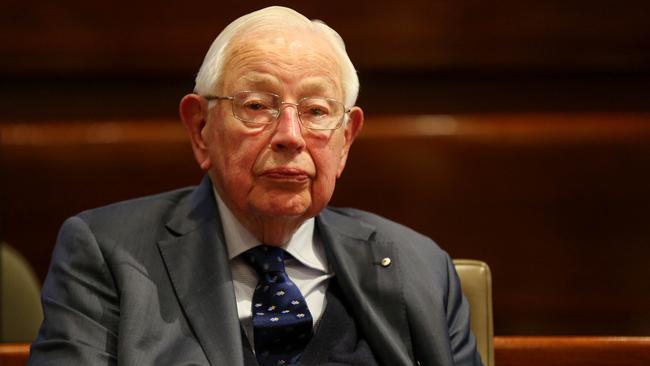
This is a direct consequence of one of the most important initiatives of former prime minister Bob Hawke: the passage of the Australia Acts by the British and Australian parliaments. This put an end to the argument that Australian sovereignty derives from an act of the parliament at Westminster. This was made clear by Sir Anthony Mason, a former chief justice of the High Court.
In a 1992 decision known as Australian Capital Television v Commonwealth, Mason wrote: “The Australia Act 1986 (UK) marked the end of the legal sovereignty of the Imperial parliament and recognised that ultimate sovereignty resided in the Australian people.”
Hawke repatriated the source of Australian sovereignty and vested it in the Australian people – all of them, including those who pointlessly recite that their sovereignty was never ceded.
Entrenching racial preference, as proposed by the Albanese government, would make a mockery one of Hawke’s greatest achievements by inserting a racial divide.
The real tragedy is that we could have been on track for overwhelming approval of constitutional recognition.
There is a legitimate argument that Indigenous people should be heard before parliament makes special laws about them under the Constitution’s race power in section 51 (26). In practice, that power has only been used to make laws on Indigenous affairs.
So because Indigenous people are the only Australians singled out by race for special laws, there is a logical argument for matching that power with a requirement that they should be heard before that power is exercised. It would therefore make sense to establish a voice if it were limited to providing advice to parliament, not the executive, and only on laws enacted under section 51 (26) that relate only to Aborigines and Torres Strait Islanders.
Such an entity would not threaten equality of citizenship.
It might even be feasible to give it a flexible boundary so it could provide advice on matters that have a specific impact on Indigenous people that goes beyond the impact on the general community.
But even then, it should not be part of the Constitution.
If such a redesigned voice were statutory, it would not be permanent so it would not infringe the International Convention on the Elimination of All Forms of Racial Discrimination. A permanent system of racial preference such as a constitutionalised voice, as proposed by the government, would appear to be a breach of the convention.
Chris Merritt is vice-president of the Rule of Law Institute of Australia. This article draws on his address last week to the Sydney Institute


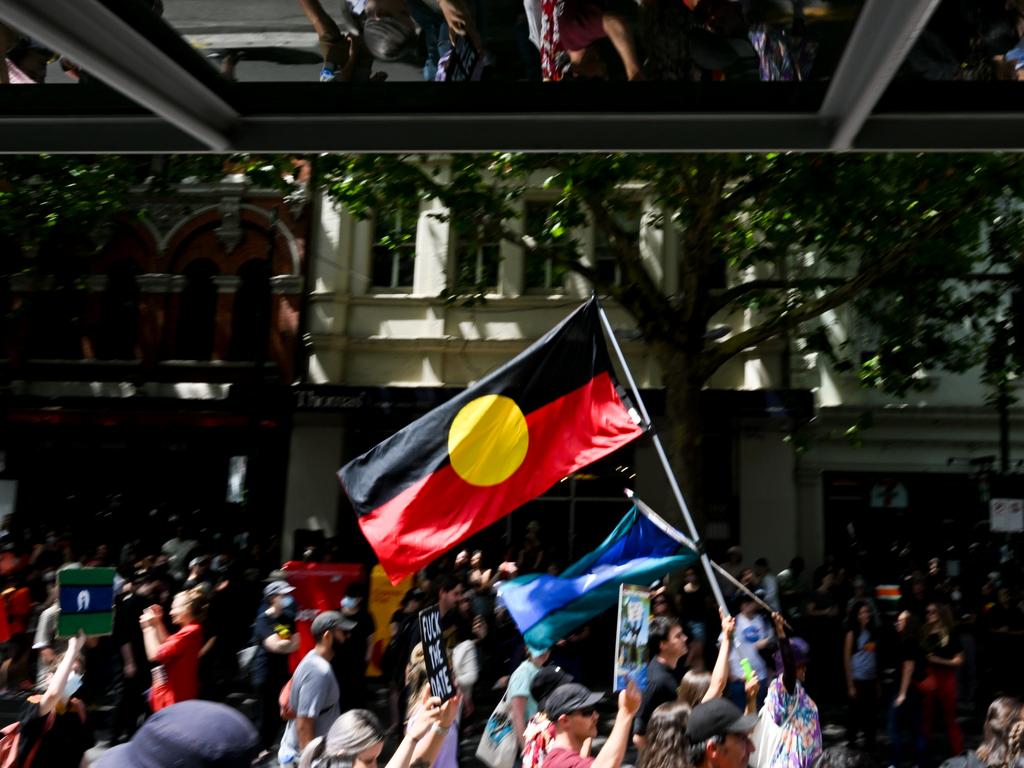
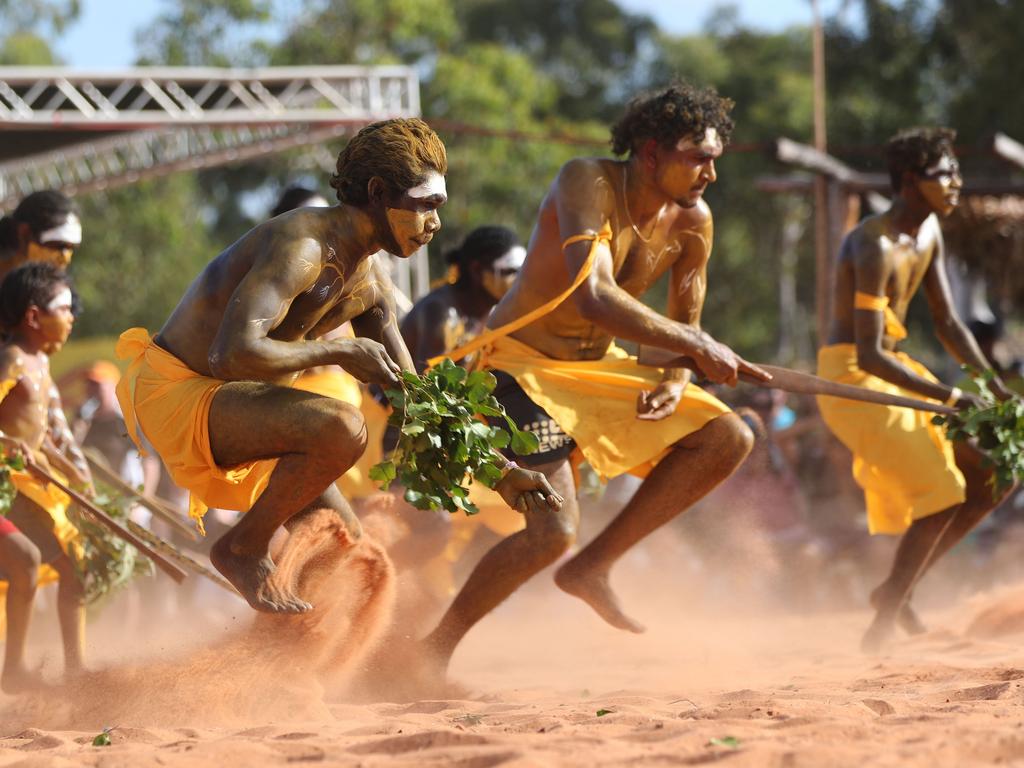

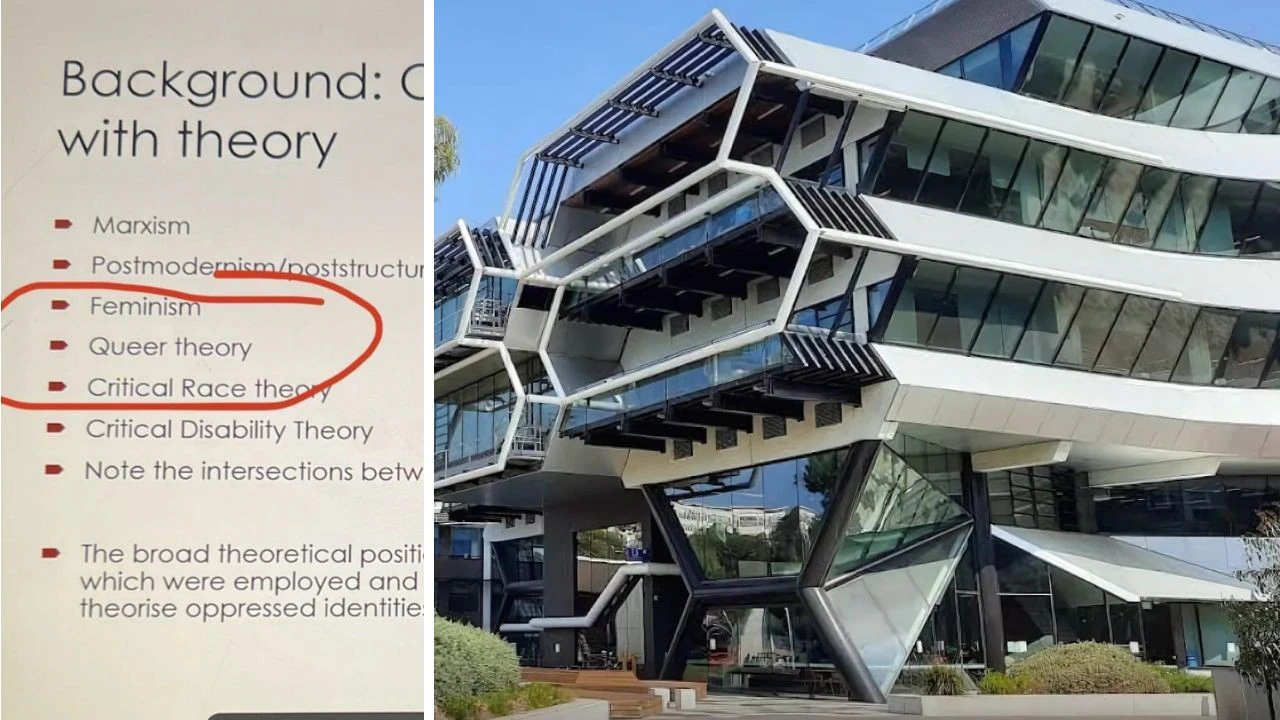
Those who see the coming referendum as a question of morality are right. The legal detail is important. But even more important is the fact that this debate is about a single principle.